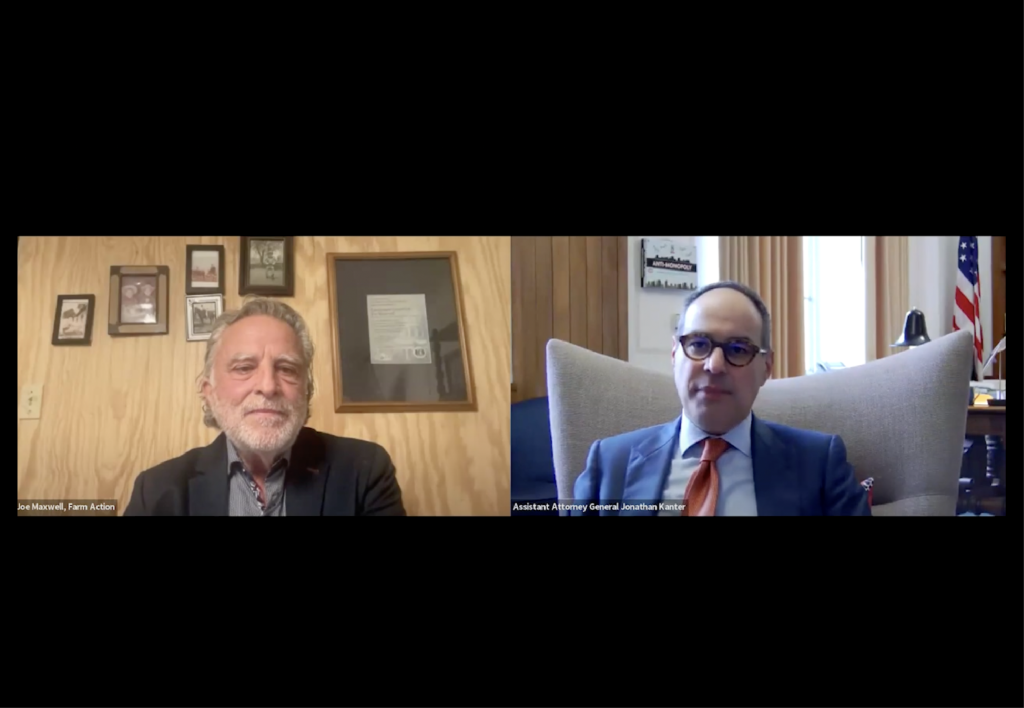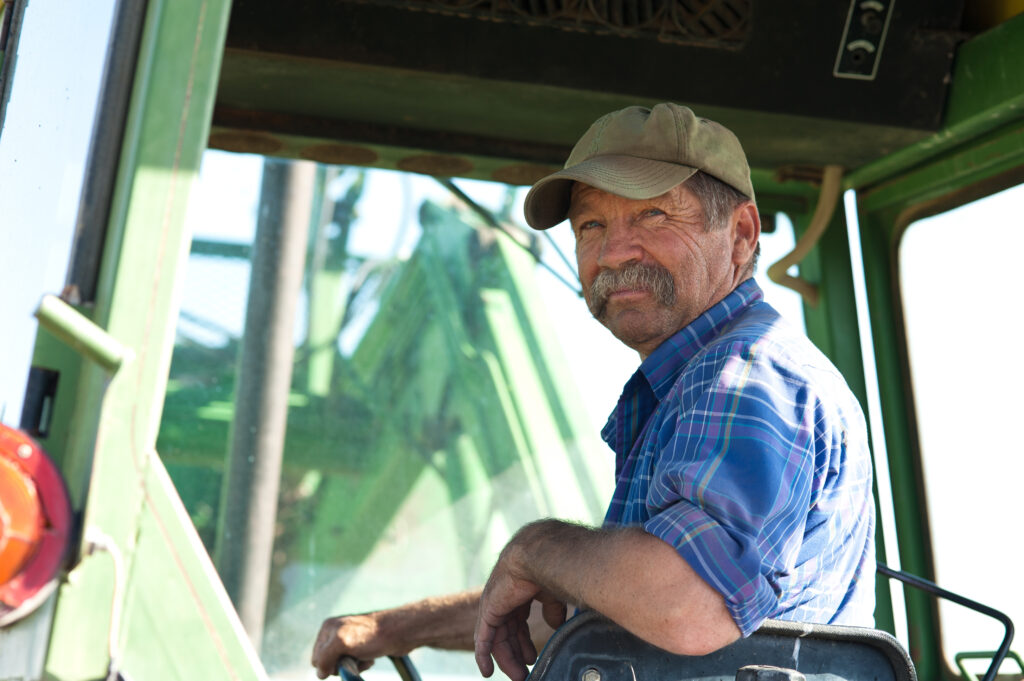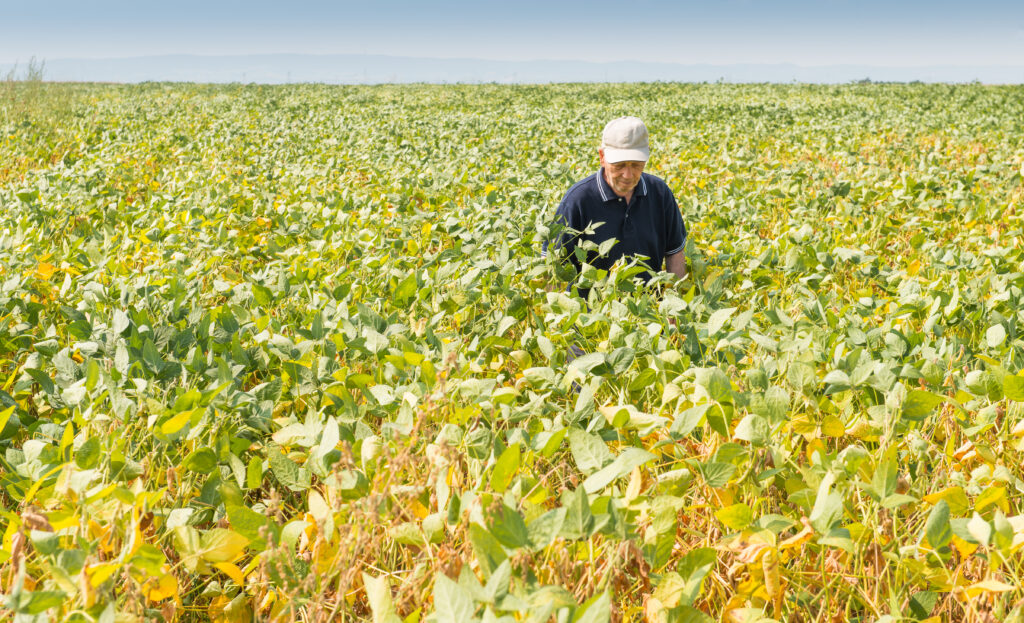Reposted from: https://agnetwest.com/assistant-attorney-general-jonathan-kanter-addresses-agricultural-consolidation-webinar/
During a recent webinar hosted by Farm Action, Assistant Attorney General Jonathan Kanter discussed the U.S. Department of Justice’s (DOJ) approach to addressing the concentration and corporate consolidation impacting the agricultural sector. Speaking to an audience of farmers and industry advocates, Kanter emphasized that agricultural competition has been a priority for the DOJ’s Antitrust Division since he took office.
Kanter referenced a recent report from Farm Action that highlights the effects of consolidation across various segments of agriculture, from seed production to farm machinery, and from crop insurance to meatpacking. He noted that these trends have significant implications for family farmers and rural communities.
“Farmers cannot catch a break as buyers or sellers,” Kanter stated, describing the challenges faced by small farmers amid increasing market concentration.
Kanter shared insights from a personal visit to a family farm in Minnesota, where he participated in a roundtable discussion organized by the Minnesota Farmers Union. He recounted hearing from farmers about the interconnected issues affecting their livelihoods, and said, “The local hospital’s problems became the local bookstore’s problems.”
The assistant attorney general stressed that the current state of consolidation was not predetermined but resulted from decisions made in corporate boardrooms. He argued that those involved in such decisions may not fully grasp the implications for small farms and rural communities.
Kanter expressed optimism about the potential for change, citing ongoing DOJ efforts to tackle issues of market manipulation. He referenced a case against Agri Stats, which the DOJ alleges engaged in practices that inflated prices and negatively affected both consumers and family farmers. Kanter encouraged attendees to monitor the case as an example of the DOJ’s commitment to competition in agriculture.
He also addressed the topic of farmers’ rights to repair their equipment, asserting, “You should have the right to fix your damn tractor.”
Collaboration with the USDA has been a key focus for the DOJ, especially in enforcing the Packers and Stockyards Act. Kanter highlighted recent enforcement actions aimed at promoting fairness in the poultry industry, including a case against Wayne-Sanderson Farms, which resulted in a consent decree designed to enhance equitable practices for growers.
Looking forward, Kanter indicated that the DOJ is enhancing its resources to focus on agricultural antitrust enforcement, particularly in the Midwest. New hires, including attorneys and investigators, will concentrate on significant issues affecting farmers.
Kanter concluded his remarks by acknowledging the ongoing challenges in the agricultural sector and emphasized the importance of collective efforts to address corporate consolidation. “The American people are not powerless,” he stated, and urged continued engagement in the fight for fair competition in agriculture.




